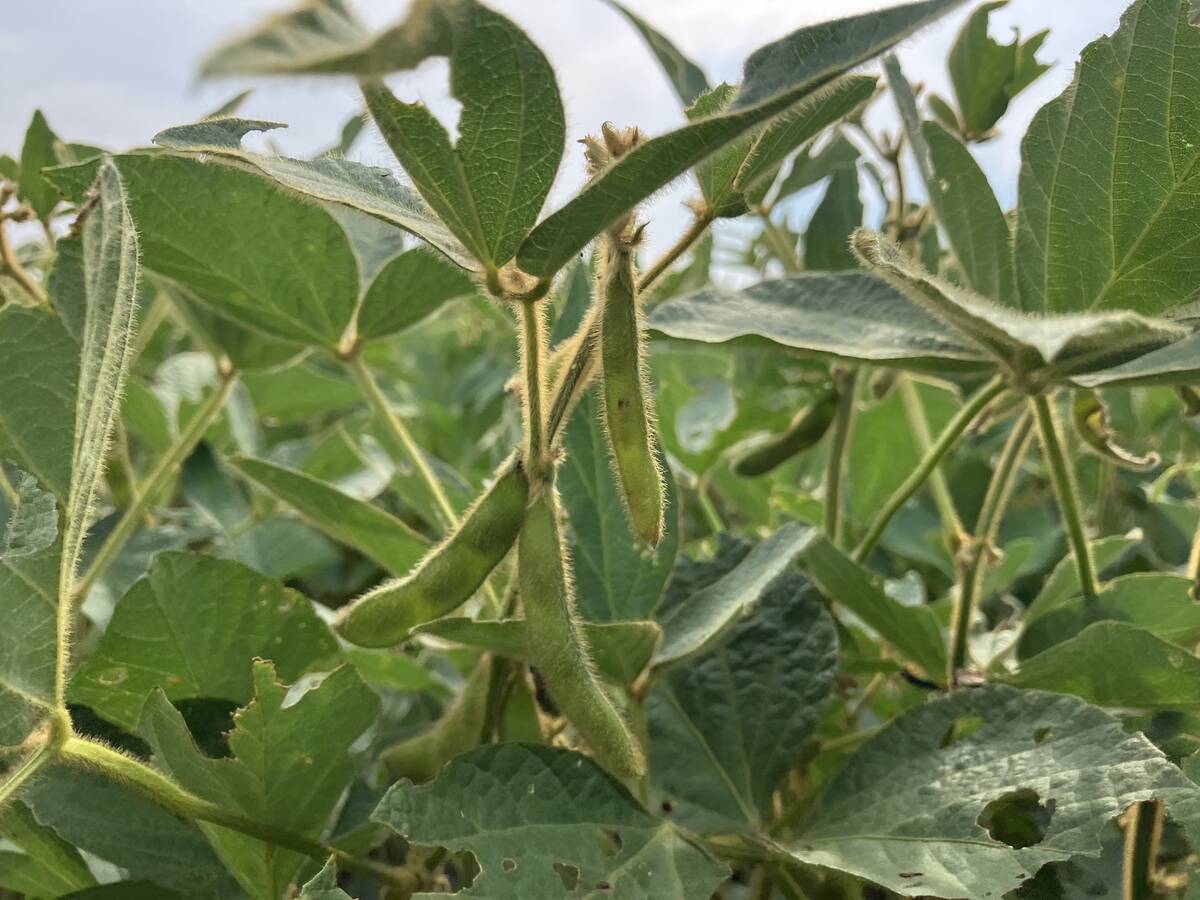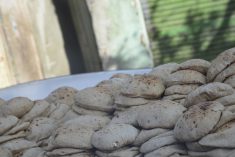Cairo | Reuters — A court that ordered the suspension of Egypt’s food inspection system based its ruling in part on the quarantine service’s right to ban grain imports with any trace of the ergot fungus, raising the possibility the contested rule could be restored.
The government’s new food inspection system simplified trade after a nearly year-long row over the quarantine service’s zero-tolerance approach to ergot. Traders had said they could not guarantee zero trace and boycotted tenders, effectively shutting off the world’s biggest wheat importer from the grain trade.
Read Also

Huge crops in South America says analyst
Although there’s a debate over the size of the South American soybean crop, there’s little doubt that it will be an enormous one, said consultant Michael Cordonnier of Soybean and Corn Advisor in Hinsdale, Ill.
The new inspection regime, launched this year, applied a more common global standard, allowing 0.05 per cent of ergot in shipments and helping regular state grain tenders to proceed.
But an Egyptian court this month ordered that the new system be suspended, although the government said it would appeal that decision and keep its inspection system in place as it did so.
The court’s written verdict, seen by Reuters on Thursday, said the new system “resulted in a breach of the (import) requirements stipulated by the agriculture ministry’s quarantine service, which banned the entry of wheat shipments containing pests that are prohibited from entering the country, including the fungus ergot.”
This opens the possibility that the quarantine service could restore its zero-tolerance rule. However, for now, the government has not empowered the quarantine service to do so.
After last year’s trade row, Egypt moved the inspection process away from the quarantine service to the trade ministry’s General Organization for Export and Import Control (GOEIC).
The agriculture ministry said last week it would not return inspection authority to its quarantine service.
A group of quarantine inspectors had challenged the new system in court, arguing it illegally handed inspections to a body ill-equipped to oversee the process, allowing imports to enter with hazardous contaminants harmful to animals and plants.
Lawyers who raised the case said the government was obliged to suspend its new inspection system during an appeal, a process that could take months.
Egypt’s state grain buyer GASC has continued its purchases on Thursday, ordering 175,000 tonnes of Romanian and Ukrainian wheat at international tender.
The purchase reflects the government’s insistence that it would not re-impose the outright ban on ergot, despite the court ruling.
Egypt said it expected wheat imports to reach about 6.2 million tonnes in the financial year starting July in a bid to boost strategic reserves for its subsidized bread programme. Egypt typically imports about 5.5 million tonnes a year.
Earlier this week, Egypt said it bought 3.4 million tonnes of local wheat from farmers, just short of the government target of about 3.5 million to four million tonnes.
— Reporting for Reuters by Arwa Gaballa and Eric Knecht in Cairo; additional reporting by Maha El Dahan in Dubai.















